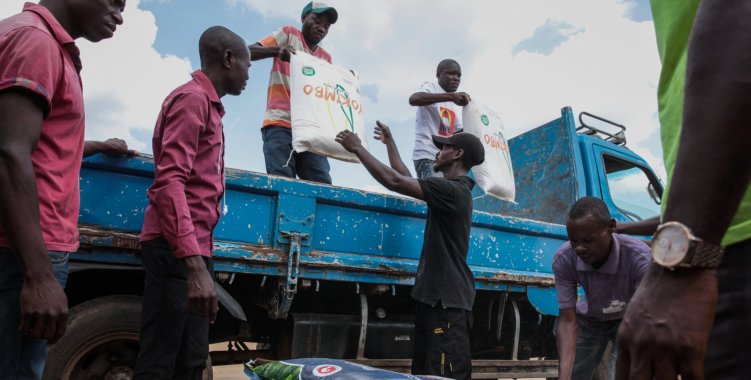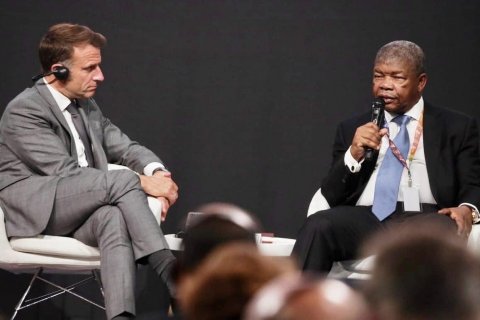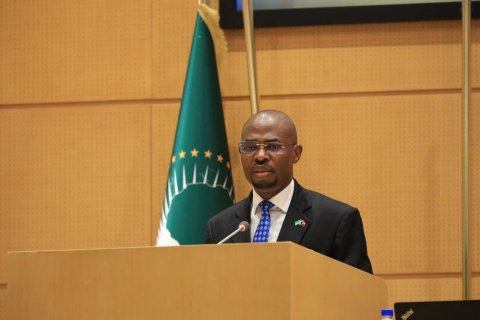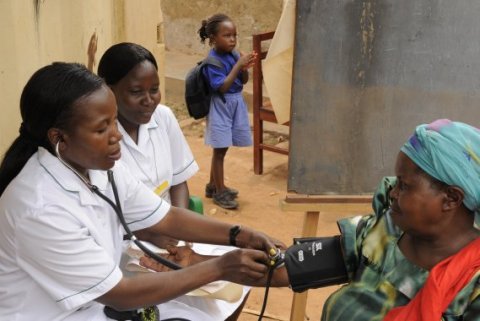The distribution of food aid to poor families and those who have lost income has been defined by some governments to mitigate the impact of covid-19, but "partisan distribution patterns" of this aid are beginning to emerge, according to the IA.
"The distribution of food aid along partisan lines is completely unacceptable and is undermining the protective measures that governments have pledged to implement to defend the right of all to food," said Deprose Muchena, IIA's director for Eastern and Southern Africa.
The IA regional leader added that "millions of people face the threat of famine and are already in a precarious situation as they have lost their income because of the containment regimes currently in place to combat the spread of covid-19".
"Hunger should not be used for political campaigns. Anyone who has no means of subsistence should be fed, regardless of their political affiliation', Muchena said.
The IA reports partisan distribution of food aid in Angola after the government announced relief measures for businesses, informal sector workers and families affected by current containment regimes.
Since 23 March, the country has been in a state of emergency that will last at least until 10 May. The distribution of rations such as maize, rice, pasta, sugar and cooking oil was extended after the government announced a nationwide aid of more than $550,000 through the Ministry of Social Action, Family and Women's Promotion.
Civil society organizations have expressed concern about the lack of transparency in food distribution through government emergency aid.
According to information gathered by the IA, families in the provinces of Luanda and Benguela complained that they were not properly informed about who qualified to receive the food aid and how the Government decided who received the aid in the communities.
Food distribution did not reach some families considered to be in need of food in the southern provinces after years of drought and land diversion in pastoral communities.
In April, the IA had already expressed its concern about the lack of government assistance to the San population in Cuando Cubango province, but the communities have not received any aid to date.
In Zimbabwe, party food aid distribution has affected the most vulnerable and marginalised groups, including the elderly, child-headed families, pregnant women and people with disabilities.
According to civil society observers, some say there is only one meal a day. Members of the community in Sakubva, Mutare, claimed that the distribution of government food aid in the area was on a party basis.
In Mutasa, opposition Movement for Democratic Change MP Regai Tsunga was arrested and accused of violating the Statutory Instrument 83 of 2020, which prohibits unnecessary movements during the national closure, for distributing food to the poor and for addressing residents who complained about the partisan distribution of government subsidized meals.
This contrasts with ruling party members in other constituencies who were allowed to distribute food without facing any sanctions.
More than four million people were food insecure in Zimbabwe because of the drought before covid-19. That figure has now risen to 7.7 million, according to the World Food Programme, which requires a response that leaves no one behind for partisan reasons.
In South Africa, some party advisors to the African National Congress (ANC) government have been accused of looting food packages for the poor.
This led President Cyril Ramaphosa to call for tough action against the alleged perpetrators, and the ANC advocated the arrest of the advisers involved.
According to media reports, incidents of corruption and food looting have been reported in eight provinces where ANC advisors were responsible for food distribution in local communities.
Instead of distributing them to those in need, they allegedly kept them for themselves and their families and friends, the IA said, adding that this sparked protests in communities such as Alexandra in northern Johannesburg and Cape Town.
"Covid-19 has brought out the ugly face of corruption and inequality throughout the region. At this desperate time, no one should be denied food because of their political affiliation," said Deprose Muchena.







